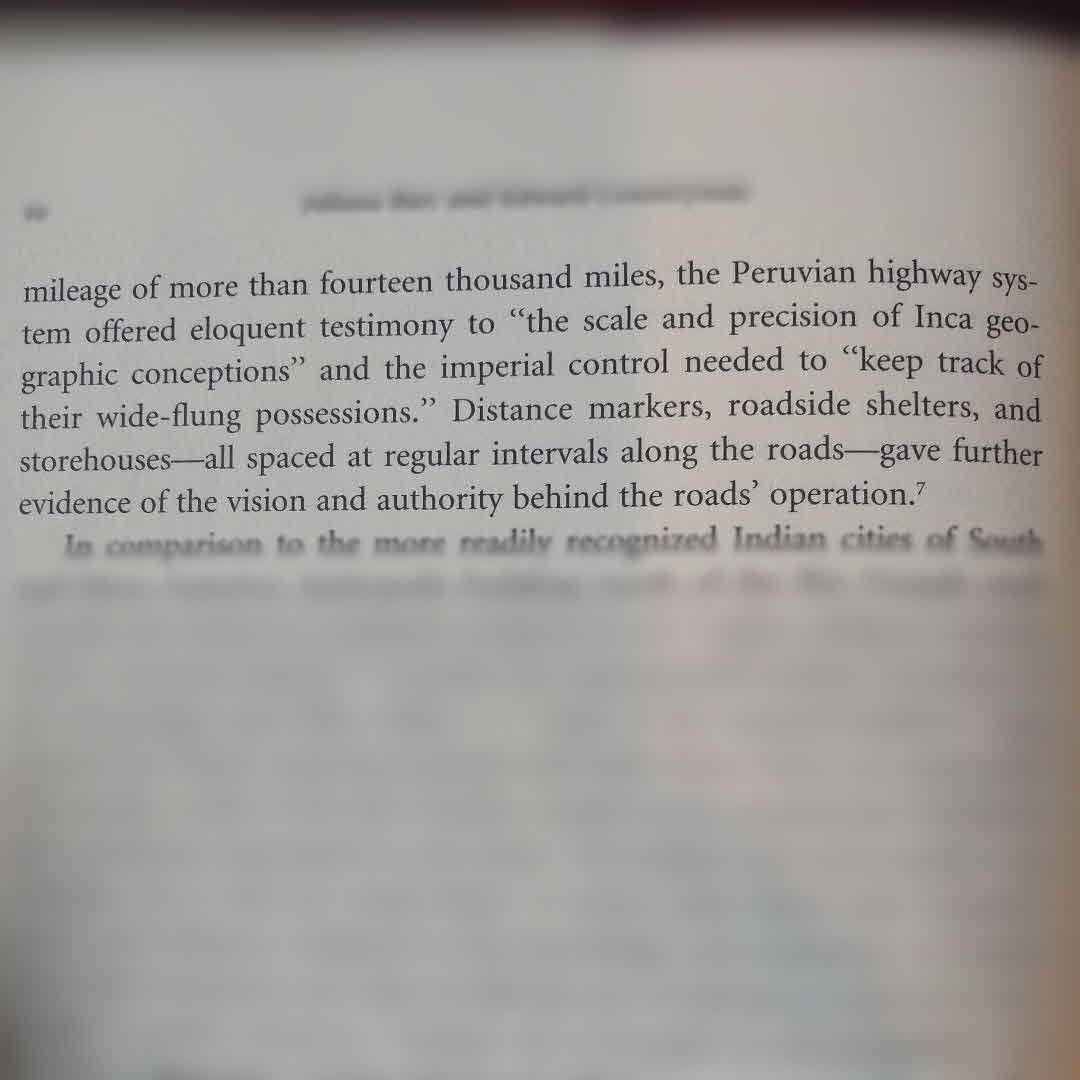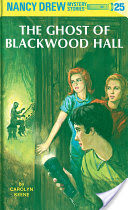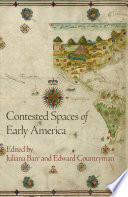
Ugh. I mean, I get it, people have incorrect notions of what Native Americans are "capable of," but it still seems gross to me that an author might need to point out that the Incas showcased the ability to "keep track of their wide-flung possessions." ? Like, would they "possess" it if they couldn't govern it? Probably not!
52 likes


















